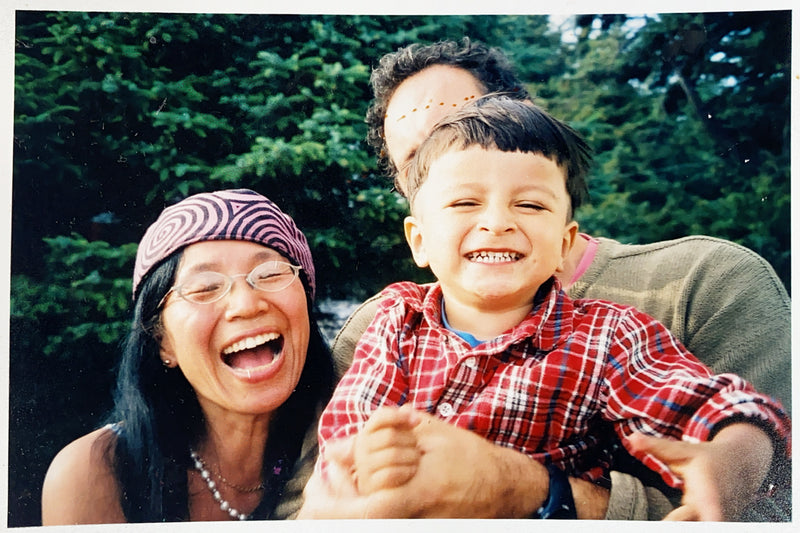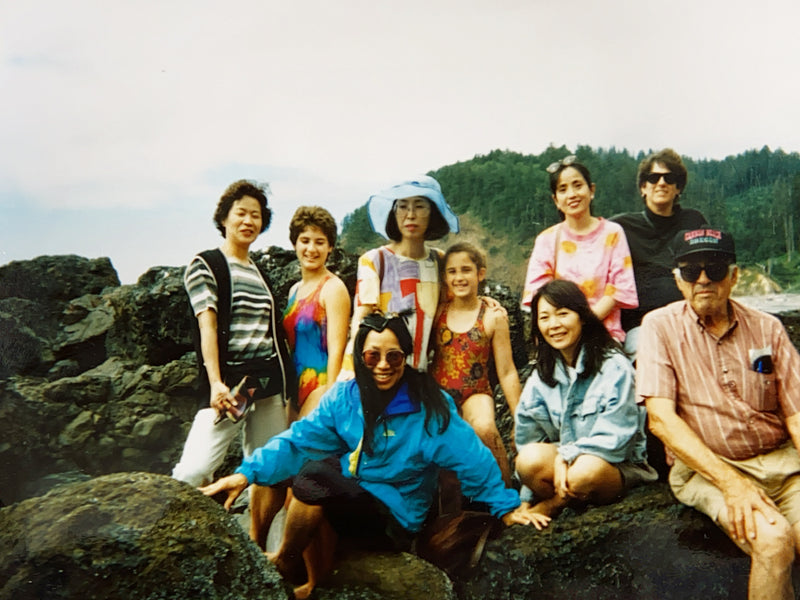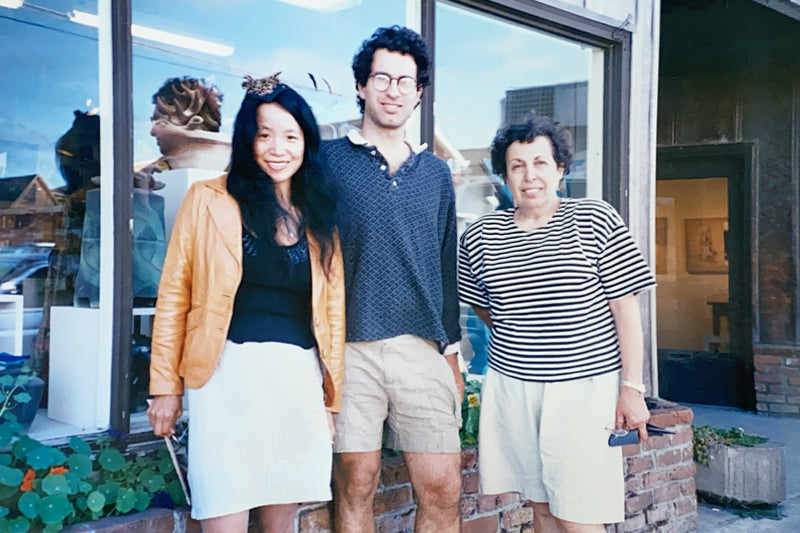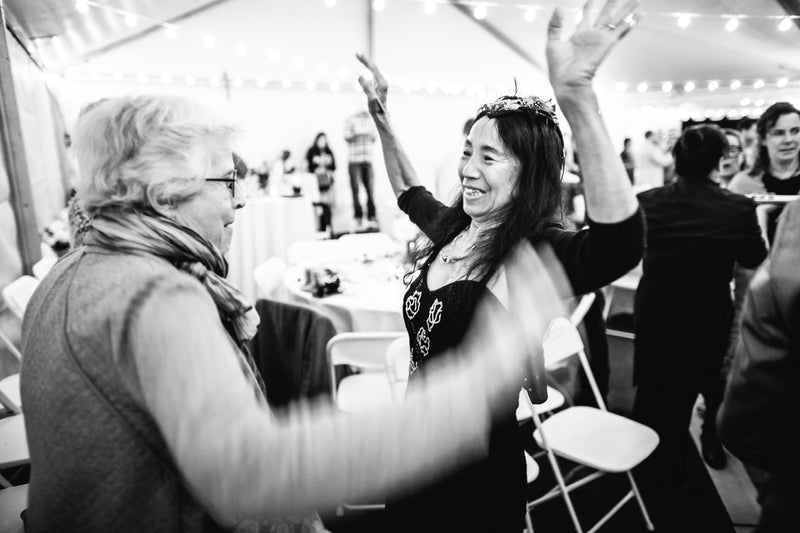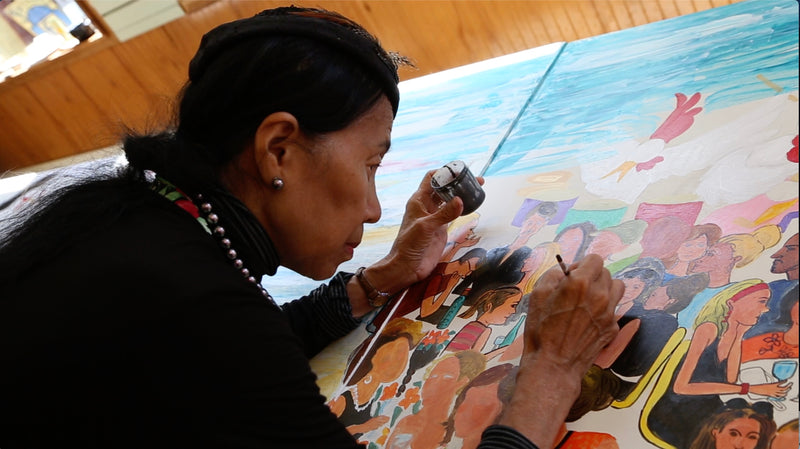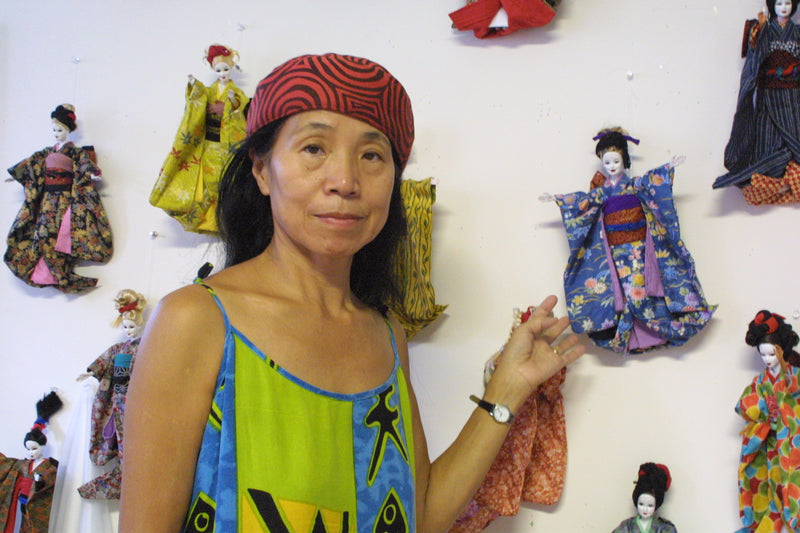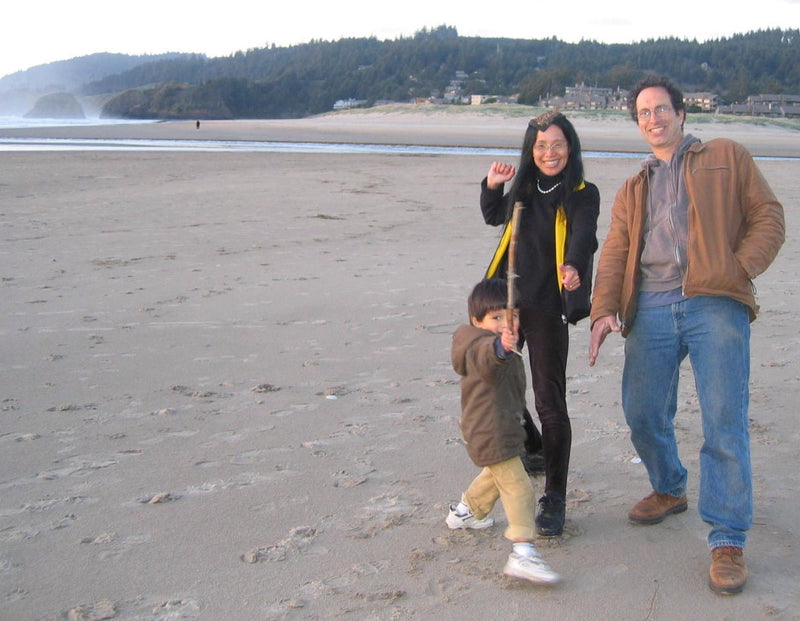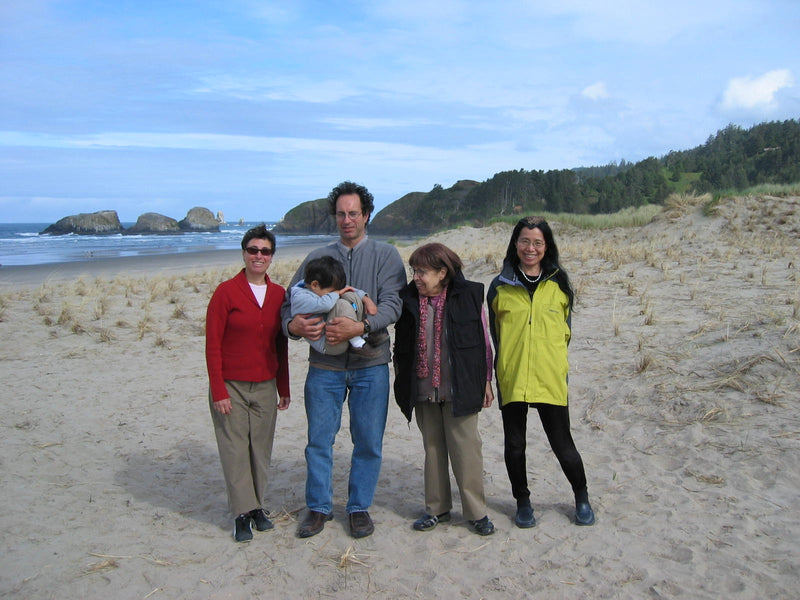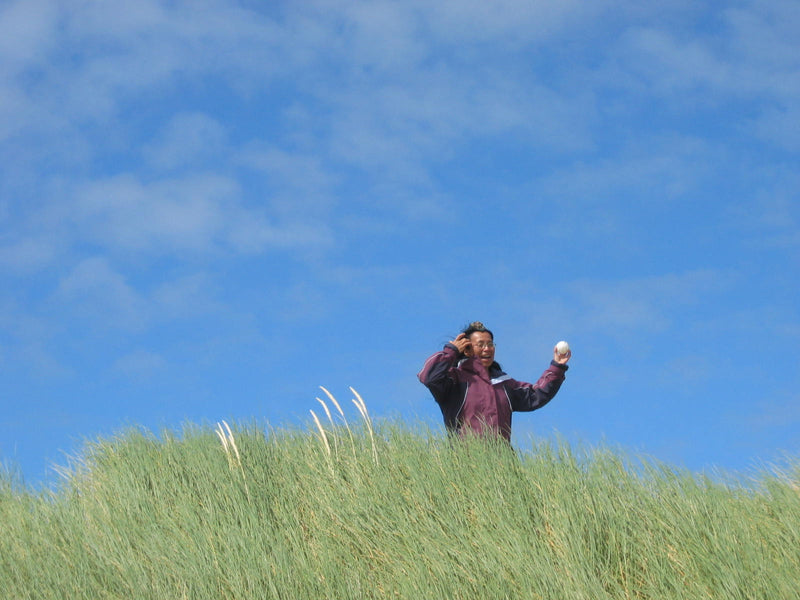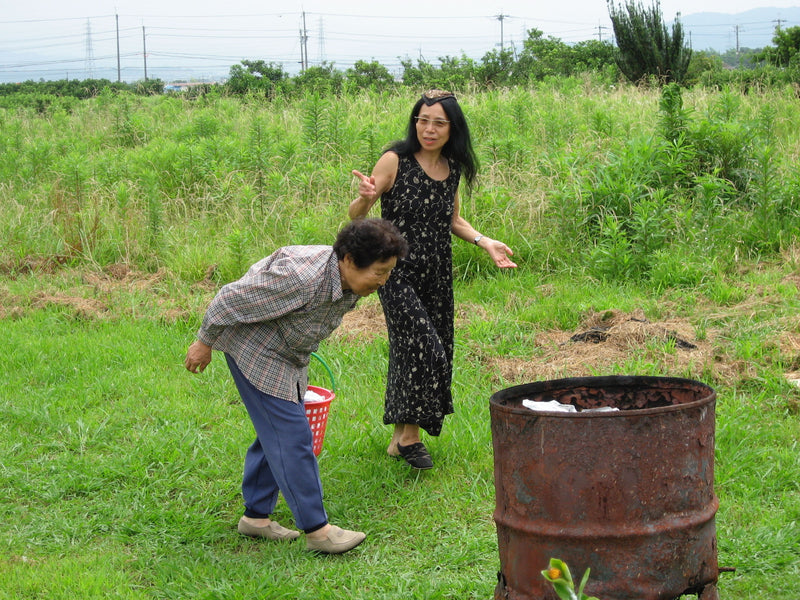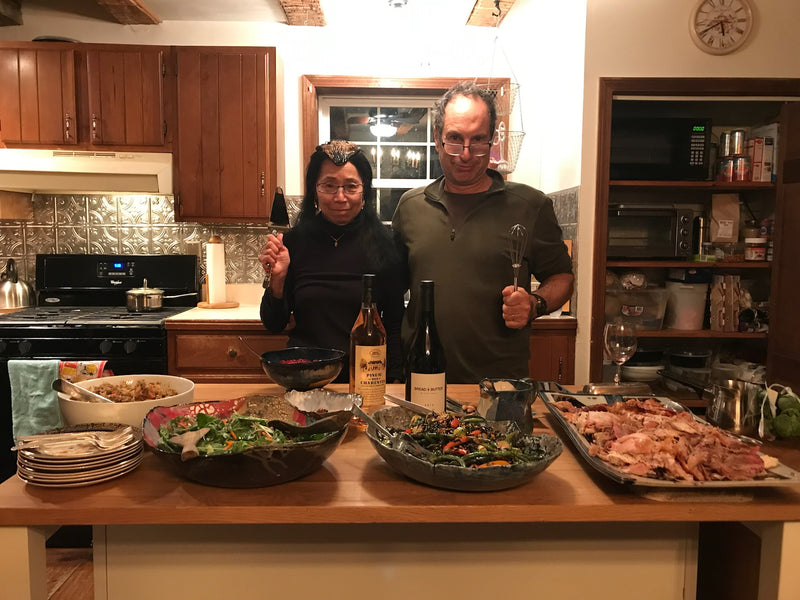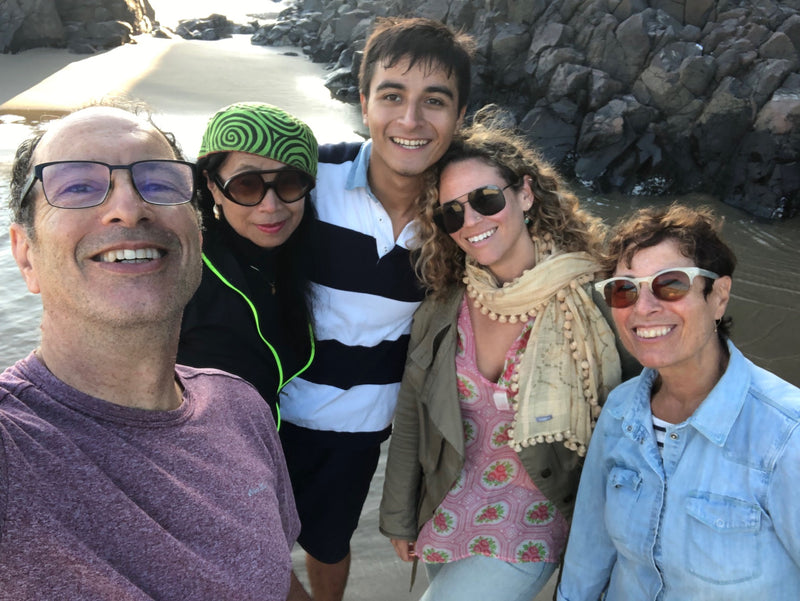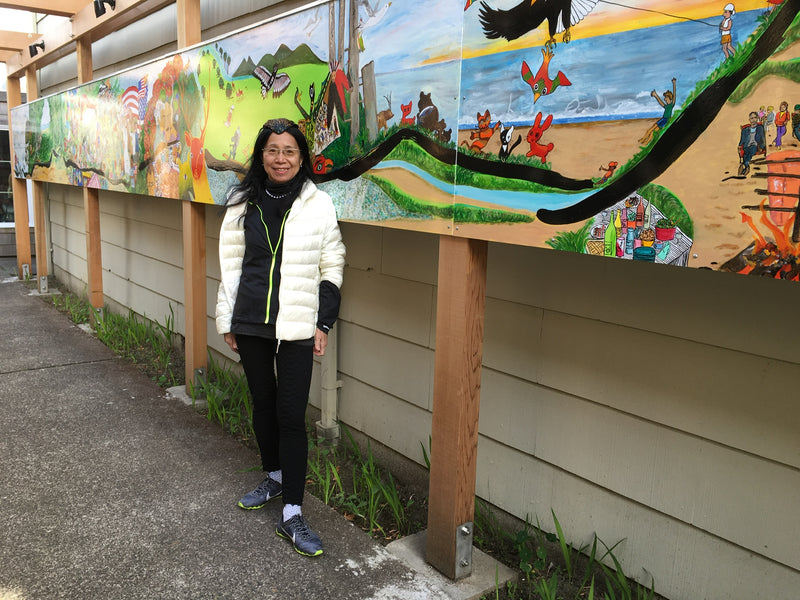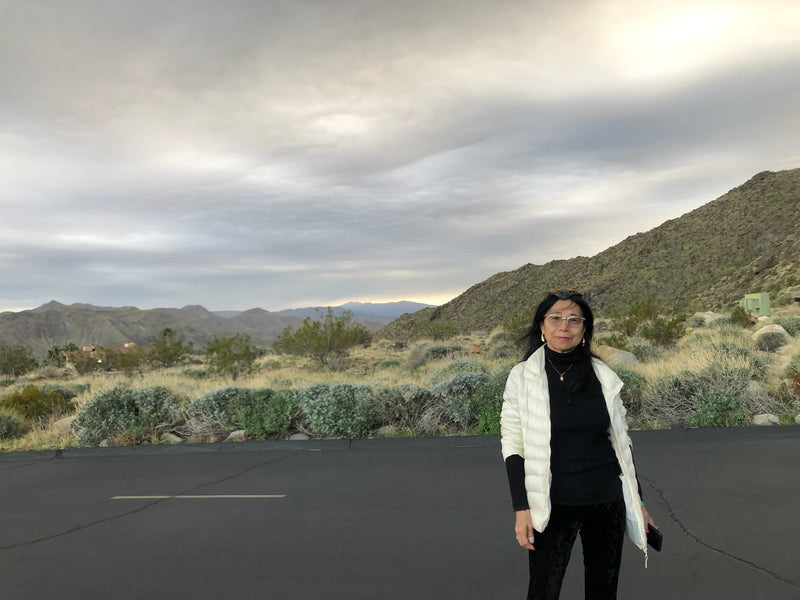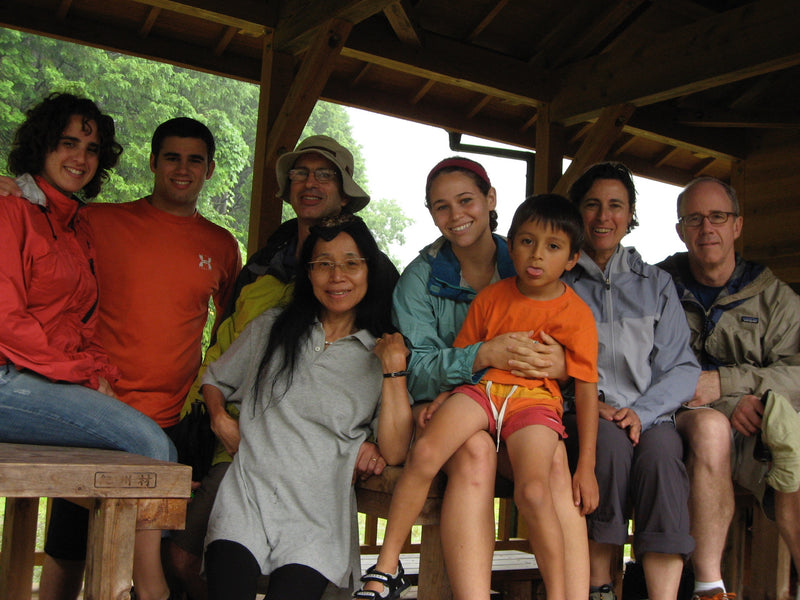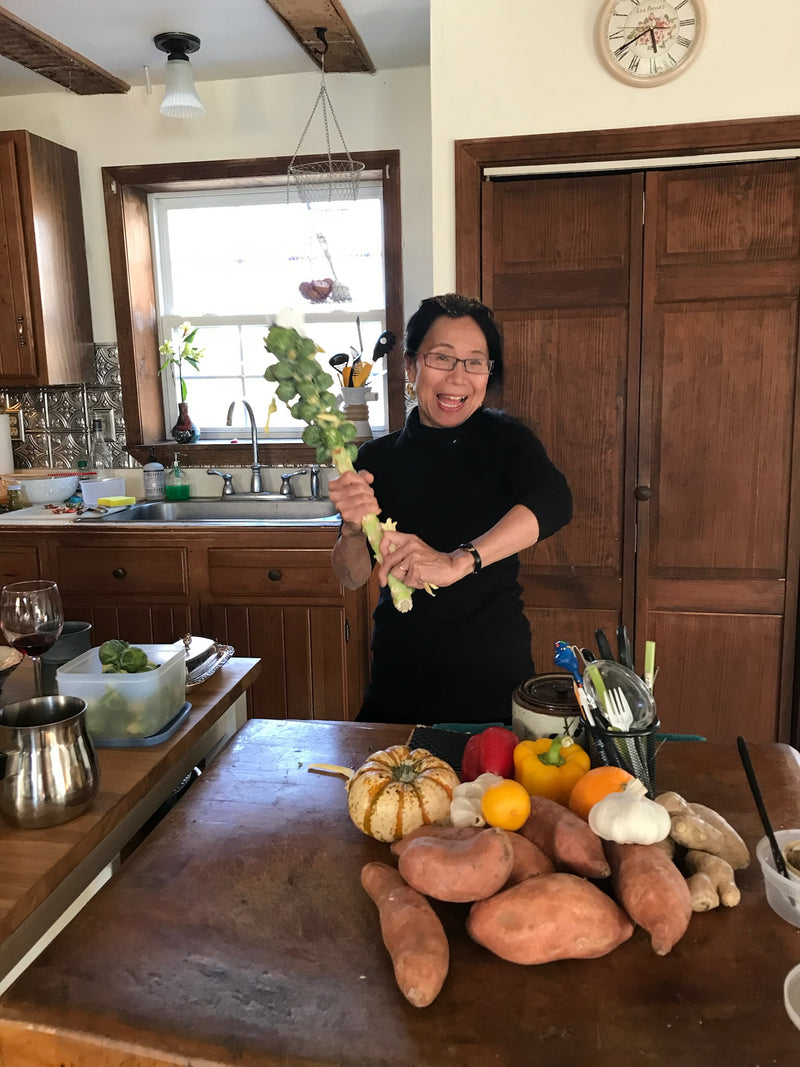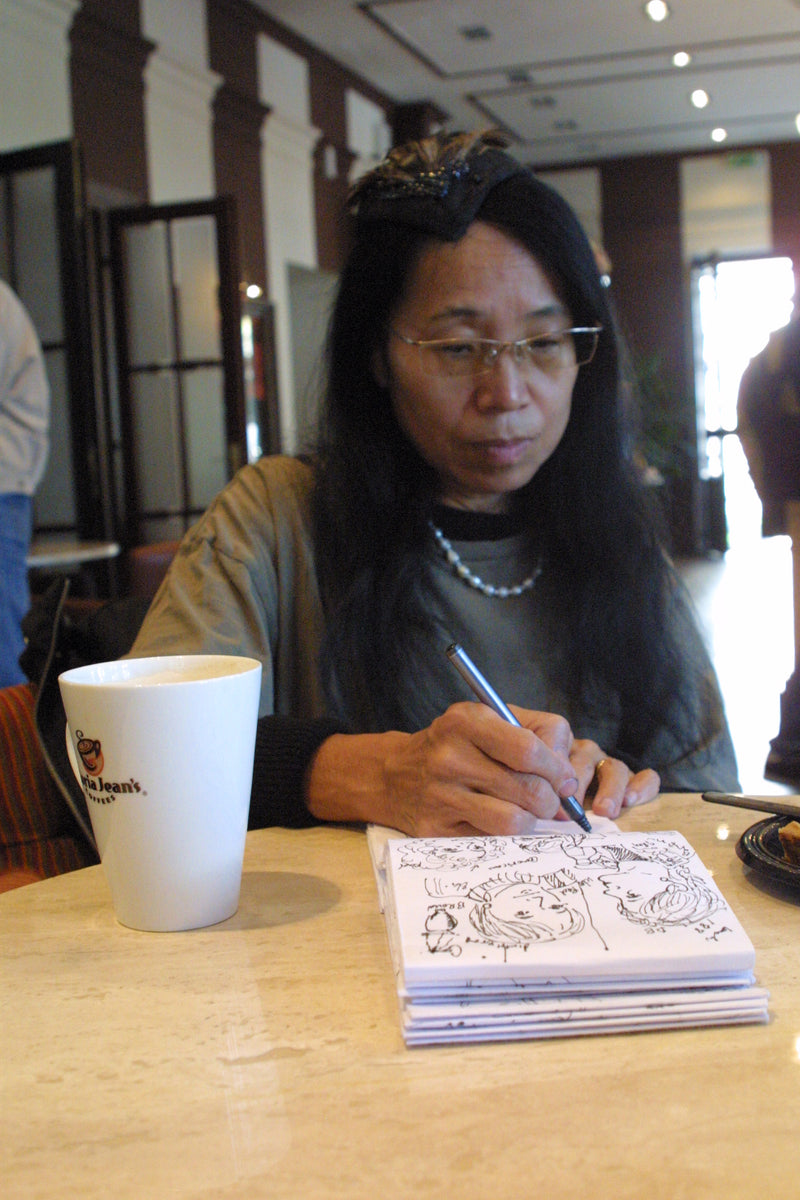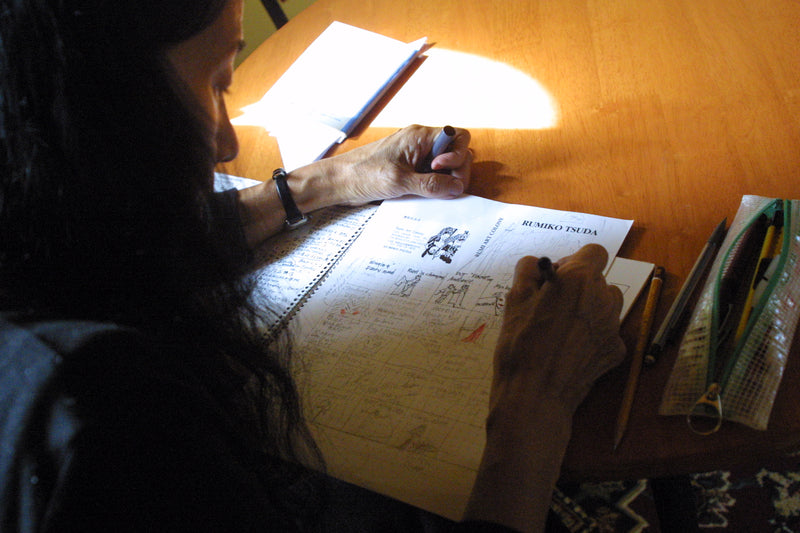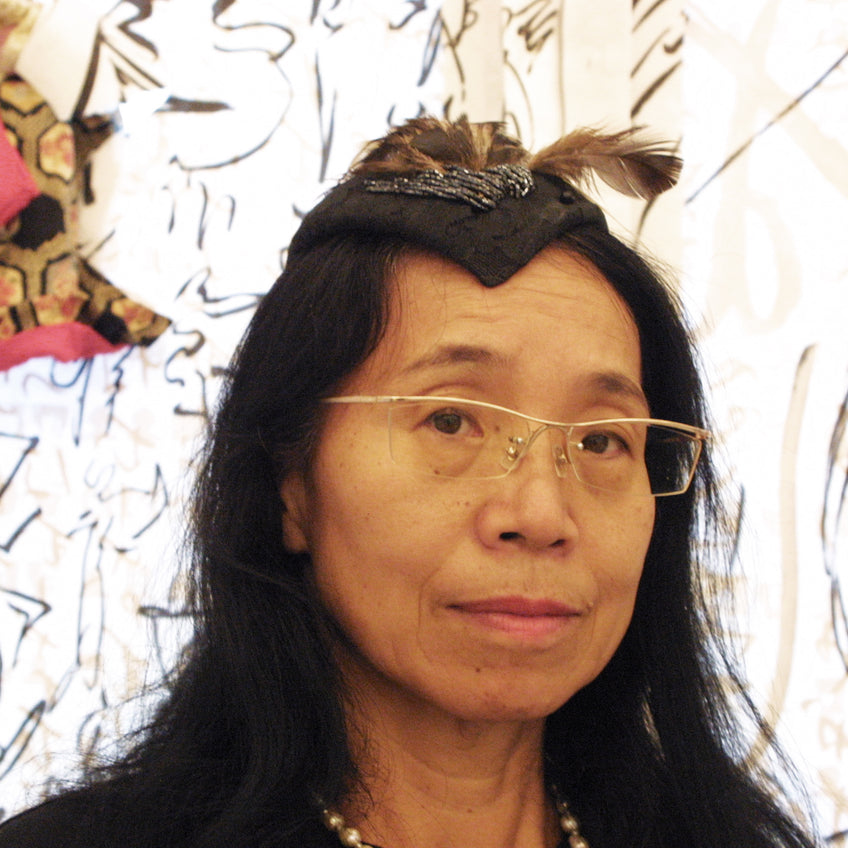
Rumiko Tsuda
In Remembrance
October 10, 1947 - April 5, 2022
Obituary
Rumi Tsuda, a brilliant artist and a true original, who filled the world with her creative energy, died on April 5.
She was 74 years old (though it may surprise many who knew her youthful spirit).
The cause was heart failure following a bone marrow transplant to treat a rare form of lymphoma, transmitted through a virus endemic to her native region of Japan.
Rumi left Japan as a young woman in her 20s to study art in the U.S., but she didn’t abandon her Japanese identity and traditions. Like many immigrants, she was something of an outsider to both her native and adopted cultures, and she appeared to relish that status, not wanting to fully integrate into either one.
Her loved ones may forever ponder whether her unusual syntax—even after living in the U.S. for nearly 50 years—was the result of a struggle to learn English or an unwillingness to make her uniquely poetic thoughts and observations conform to its rules. Her sister-in-law Emily Gottfried remembered hearing Rumi recount an increasingly surreal story of something that happened to her, only to have Rumi reveal at the end that she had been recalling a dream.
Rumi’s unique way of being in the world translated into a prolific career making art that felt like it flowed right out of her. Over the course of her life, her body of work included paintings, drawings, sculptures, collages, fashion, performances and ultimately ceramics.
Her pieces are whimsical, striking, bold, imaginative, surreal and completely underivative. While Rumi preferred to wear black, her work was filled with vivid color. Everywhere she went, she brought her sketchbook, drawing people on the subway, in the park, at Rosh Hashanah services and even in the hospital where she was being treated for cancer.
In most of her life, Rumi was playful and fun, but her performance-art pieces revealed her inner power. Ritualistic, haunting and at times even violent, they serve as a reminder to all that Rumi had something to say.
Rumiko Tsuda was born on Oct. 10, 1947 in Wakayama City, Japan to Tadao Tsuda and Fuyuko Mori Tsuda. She moved to Los Angeles in 1973 and studied fashion design at Los Angeles Trade Technical College. In 1980 she made her way to New York, enrolling at the School of Visual Arts, where she received a bachelor’s and a master’s degree in fine arts.
In 1982 she met Daniel Georges, a fellow student at SVA. They dated for a decade and eventually married on July 19, 1992 in a friend’s backyard in Rhinecliff, N.Y.
Rumi and Danny for years worked on their artwork side by side in their home in Williamsburg, Brooklyn and had hoped to continue doing so in the new studios they built at their second home in Walden, N.Y. They showed their art together and collaborated on multiple occasions.
Rumi’s older brother Kazuo Tsuda died in his 50s, having suffered from the effects of the same virus that caused Rumi’s cancer. Rumi’s father, who died in 2020 at 103, didn’t care much for travel, but her mother Fuyu attended her wedding to Danny and made a number of trips to New York before her death in 2006.
In 2002 Rumi and Danny adopted their son Maurice Tsuda Georges, and Rumi became a mother like no other. She loved and supported Mori, making him the tastiest and most attractive school lunches, as he grew from a mischievous little kid to a kung fu master to a sharp dresser and a skilled artist in his own right.
Rumi’s artistic talents extended to the kitchen. She was a fantastic cook, with a process that was completely intuitive. When family members asked her to teach them how she made specialties like hijiki salad or okonomiyaki, she offered only vague descriptions, as if her food couldn’t be confined to recipes.
Rumi also never tasted what she was cooking. She just imagined how it would taste. While receiving chemotherapy, Rumi told her sister-in-law Andra Georges that she had lost the ability to cook because the treatment made her unable to imagine it.
Rumi was not religious—she often pointed out that she was not Jewish, despite making a mean Shabbat dinner and serving ginger-infused matzo ball soup—but she was spiritual. When one of her relatives died, she would say that they had come back as animals. Her sister-in-law Emily, who died in 2013, was the bald eagle that perched on the trees near the Georges family beach house in Cannon Beach, Oregon. Mori’s pet snake became Rumi’s mother Fuyu, who Rumi said loved reptiles and other animals.
Those missing Rumi should clearly be looking for her in nature.
Rumi is survived by Danny and Mori, her two beloved cats Luke and Momo, Fuyu X the snake and numerous other family members in New York, Japan, Oregon and California.
https://gofund.me/44555ff5
Thanks for the many thoughts, prayers, and support we have already received.
Daniel Georges, Mori Georges, and Rumi’s extended family



















